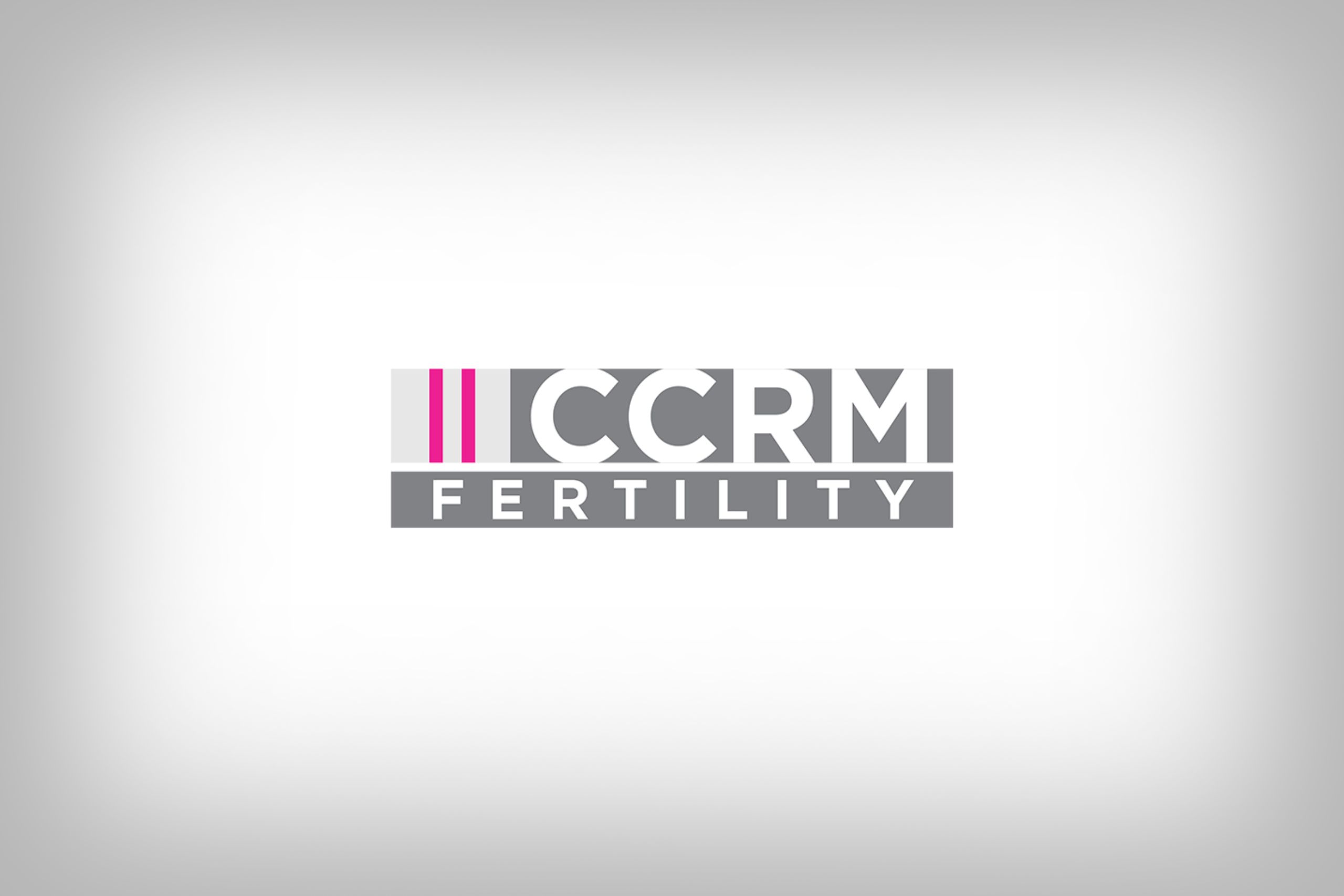
Studies suggest Black women are twice as likely to experience infertility than White women, and that close to half of Black women report their physicians do not understand their cultural background when seeking fertility treatment.
In an effort to break down cultural and historical barriers around Black fertility and maternal health, CCRM Fertility has established the Black Fertility Matters initiative to support the Black community through continued education, encouragement, and empowerment. By offering meaningful support and expanding accessibility to the Black community, we will tap into our international network of leading fertility doctors, advanced fertility research and patient success stories to spark meaningful conversations around the social disparities impacting Black fertility.
CCRM Fertility Releases
First-of-its-kind Survey
on Black Fertility
CCRM Fertility released its groundbreaking Black Fertility Matters survey exploring the unique challenges faced by Black individuals regarding fertility health. Surveying 1,000 Black men and women across the U.S., the findings highlight significant barriers, including cultural and racial biases, that impact access to quality fertility care. Notably, 57% of respondents believe Black individuals are less likely to seek fertility treatment, and 26% reported experiencing bias when pursuing fertility care. This initiative, part of the broader Black Fertility Matters Initiative launched in May 2023, underscores CCRM’s commitment to breaking down these barriers and fostering an inclusive environment in fertility treatment.
 Survey Highlights
Survey Highlights

In The News

ABOUT DR. STEPHANIE MARSHALL THOMPSON
CCRM FERTILITY’S DIRECTOR OF DIVERSITY, EQUITY AND INCLUSIVITY
Stephanie Marshall Thompson, MD, is a Reproductive Endocrinologist and Infertility specialist at CCRM | IRMS in New Jersey. Board Certified in both Obstetrics and Gynecology and Reproductive Endocrinology and Infertility, she serves in a leadership role as CCRM Fertility’s Director of Diversity, Equity, and Inclusivity.
As part of CCRM Fertility’s Black Fertility Matters initiative, Dr. Marshall Thompson is dedicated to addressing racial disparities within the BIPOC community, ensuring equitable access to fertility treatments and promoting awareness and education.
Dr. Marshall Thompson was notably featured in the MSNBC documentary “Stories We Tell – The Fertility Secret” that examines infertility issues in the BIPOC community.
Black Fertility Statistics
- Black women had the highest maternal mortality rates across racial and ethnic groups during the pandemic in 2020 and 2021, and also experienced the largest increase when compared to the year before the pandemic in 2019. Source
- Black women are three times more likely to die from a pregnancy-related cause than White women. Source
- Multiple factors contribute to these disparities, such as variation in quality healthcare, underlying chronic conditions, structural racism and implicit bias.
- American Psychological Association, “Infertility and BIPOC Women.” Source
- Some studies have found that married Black and Latina women are more likely to be infertile than White women.
- Black and Latina women are less likely to seek fertility treatment than their White counterparts. Also, Black women take more years to seek fertility treatment than White women. However, when financial barriers are removed or reduced, there is an increase in use of assisted reproductive services by Black women.
- Black, Asian and Latina women undergoing fertility treatment experience decreased pregnancy and live birth rates in comparison to White women.
- Black and Latina women using egg donors experience lower pregnancy and live birth rates in comparison to White women. Black women had worse outcomes whether using Black or other race donors.
- While BIPOC women are less likely to be referred for fertility treatment, once receiving care many find that clinics and providers lack cultural understanding. Close to half of Black women reported that their physician does not understand their cultural background when seeking fertility treatment. Low-income Latina women receiving care in a fertility clinic reported linguistic and cultural communication challenges with providers, as well as perceptions of providers being uncaring.
- One study found that the social stigma of infertility was “very concerning” to 49% of fertility patients, and Black and Chinese women were more concerned about social stigma related to infertility than White women.
- Compared with white women, Black women were less likely to visit a doctor in the total population and in the subgroup of women with infertility. In addition, Black women waited twice as long on average before seeking help compared with white women. Source
- Black women are three times as likely to have fibroids than white women when adjusted for other confounding factors. Pregnancy-related deaths are 3.3 times more likely among Black women than white women. Source
- According to the CDC, the incidence of infertility is higher in black women than in white women, and is steadily increasing. Source
- The study found that when they are conceived naturally, neonatal mortality is two-fold higher among Black infants than Whites. But when conceived by assisted reproductive technology, neonatal mortality was more than four-fold higher among babies of Black women. Source
CCRM Fertility welcomes any organization to reach out if they are eager to get involved in our Black Fertility Matters initiative by contacting our team at CCRMPR@wearesocial.net.










